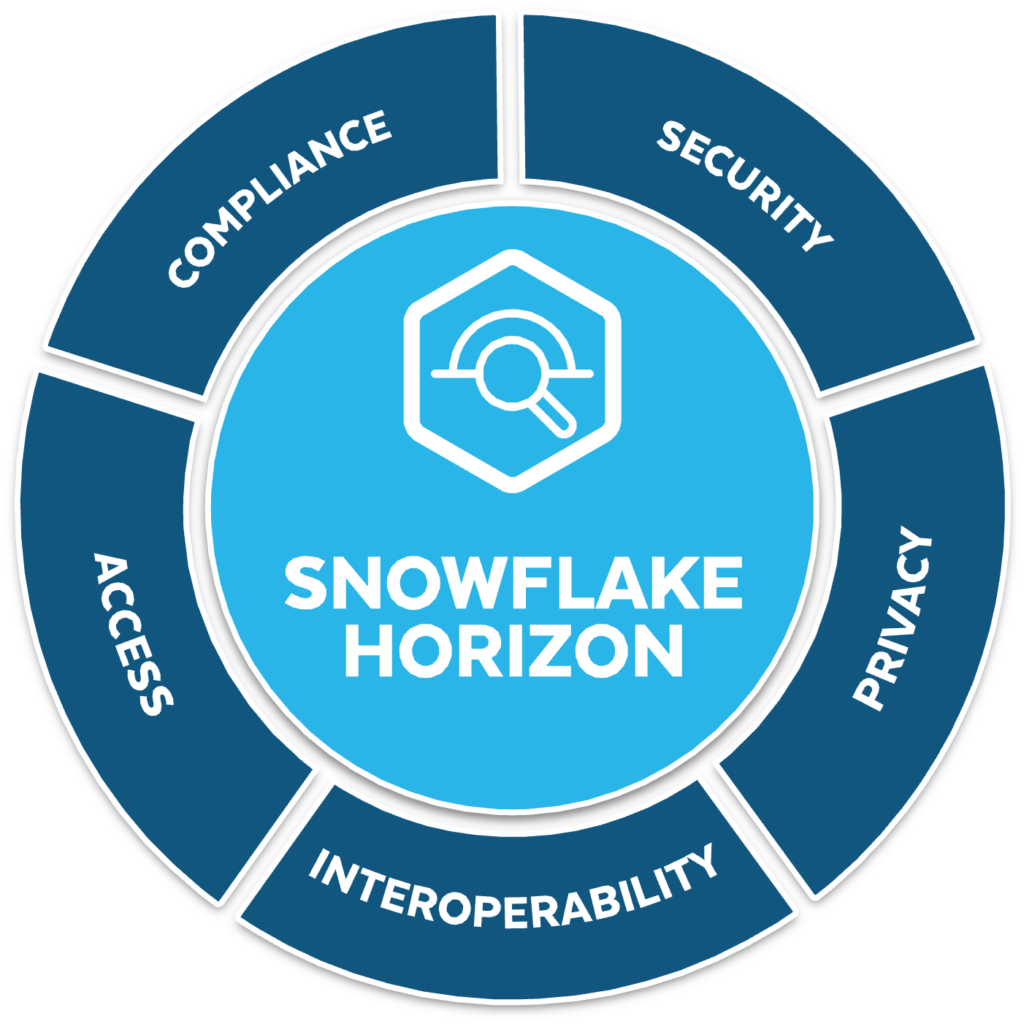If you operate a business that markets to California residents, you’re probably already familiar with the California Consumer Privacy Act (CCPA). One of the key provisions of this data privacy law is the Right to Know provision. This provision gives consumers the right to request access to the personal information that businesses collect about them.
To help you comply with the Right to Know provision, this article covers the following topics:
- What is CCPA’s Right to Know Provision?
- Compliance Requirements for CCPA Right to Know
- Best Practices for Handling DSARs
- Common Compliance Challenges with the Right to Know Provision
- Conclusion
To learn more about Data Privacy with Satori read our Data Privacy Guide.
What is CCPA’s Right to Know Provision?
The Right to Know provision is a crucial component of the CCPA, which empowers California residents to take greater control over their personal data. Under this provision, consumers have the right to know what personal information businesses are collecting about them, how it’s being used, and who it’s being shared with. This means any business that collects or processes data on California residents must always be ready to provide these details to consumers. But, businesses are not required to provide information more than twice in 12 months for the same consumer.
Compliance Requirements for CCPA Right to Know
Complying with the Right to Know provision requires businesses to provide consumers with information about their personal data. To comply with the CCPA’s Right to Know provision, businesses must meet these five compliance requirements:
- Develop a process for handling DSARs: To provide consumers with access to the personal information that you collect about them, you need a process for responding to data subject access requests (DSARs). You must make the process clear, concise, and easily accessible to consumers.
- Verify the requester’s identity: It is crucial for businesses to verify the requester’s identity to ensure that they are not disclosing personal information to unauthorized individuals. This verification process can be done by requesting specific identifying information from the requester or using a third-party verification service.
- Provide detailed information about personal data: Businesses must provide consumers with detailed information about their personal data upon request. This includes the specific pieces of personal information collected, the categories of personal information collected, the sources of the information, the purposes for which it was collected, and any third parties with access to the personal information. You must provide these details in a format that consumers can easily understand.
- Redact sensitive information: Any sensitive data, such as financial account numbers or Social Security numbers, must be redacted by the business before providing the personal information to the requester. This protects the consumer’s privacy and prevents unauthorized access to sensitive information.
- Respond to requests promptly: All DSARs require a response within 45 days. Businesses can notify the requester of a 45-day extension to respond when necessary. If a business denies a consumer’s request, it must provide a reason for the denial and explain the consumer’s right to appeal the decision.
Read about CCPA & CPRA Compliance with Satori
Best Practices for Handling DSARs
Responding to DSARs can become a time-consuming and resource-intensive process for businesses that regularly receive requests. So, here are a few best practices to improve the efficiency of handling DSARs:
- Automate the process: One way to improve the efficiency of handling DSARs is to automate the process. Businesses can use a software tool that automates the collection, processing, and delivery of requested information. This can significantly reduce the time and effort required to respond to DSARs and minimize the risk of human error. However, always maintain human oversight on the process for quality control.
- Centralize DSAR management: To streamline the DSAR process, businesses should centralize DSAR management. This involves designating a specific team or individual to handle DSARs, as well as a centralized system for tracking and responding to requests. By centralizing DSAR management, businesses can ensure that all requests are handled consistently and efficiently.
- Train relevant employees on the DSAR process: Businesses should ensure that employees who handle DSARs are familiar with the CCPA and the Right to Know provision, as well as the company’s DSAR process. This will help employees to respond to DSARs accurately and quickly, reducing the time it takes to fulfill each request.
- Monitor DSAR metrics: Metrics such as response time, volume of requests, and number of requests denied can provide valuable insights into the DSAR process. Regularly monitoring these metrics can help businesses identify areas for improvement.
Common Compliance Challenges with the Right to Know Provision
While compliance with the Right to Know provision is critical, many businesses face common compliance challenges when attempting to fulfill consumer requests. Here are a few common challenges businesses face during their efforts toward becoming compliant:
Data Mapping Complexity
To comply with the Right to Know provision, businesses must be able to identify all of the personal information they collect, use, and share with third parties through data mapping. This requires a thorough understanding of the business’s data ecosystem, which can be complicated and time-consuming to map out.
Managing Large Volumes of Requests
Some businesses may receive a large number of data subject access requests, which can be difficult to manage efficiently. This can be especially challenging for smaller businesses that may not have the resources to handle a high volume of requests.
Balancing Privacy and Transparency
Providing consumers with access to their personal information while also protecting their privacy can be a delicate balancing act. Businesses must be careful to redact any sensitive information and ensure that personal information is only provided to authorized requesters.
Keeping Up with Changes to the Law
The CCPA is a new law introduced in 2018, and there may be changes to the legislation in the future. Businesses must stay up-to-date on any changes to the law and adjust their compliance practices accordingly.
Conclusion
Satori’s Data Security Platform helps organizations comply with the CCPA’s Right to Know. Satori’s automated access controls, dynamic masking, and auditing and monitoring capabilities enhance the security and visibility of your data assets.
To learn more:
- Book a demo with one of our experts
- Read about CCPA & CPRA Compliance with Satori



